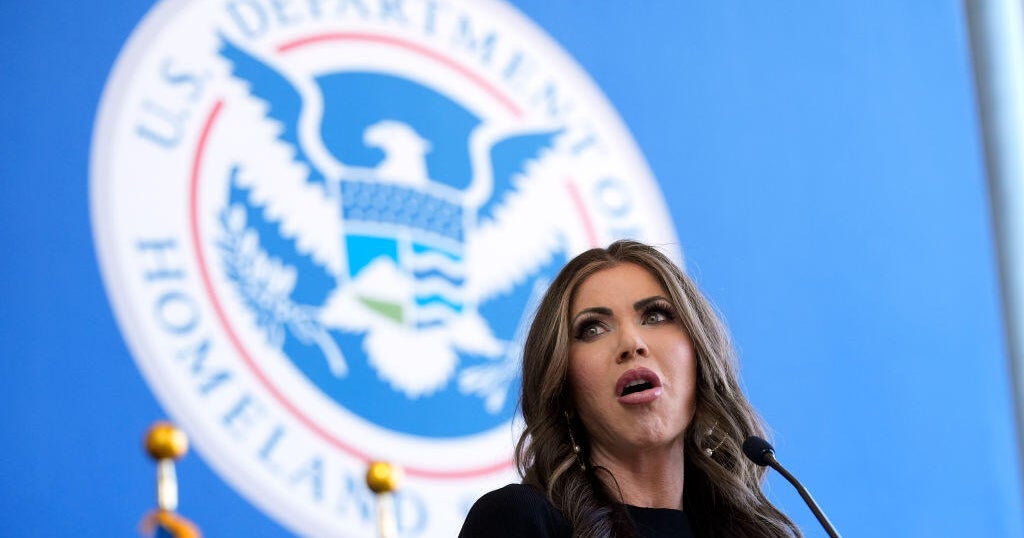Stocks plunge as Italy turmoil sparks fresh euro fears
U.S. stocks tumbled on Tuesday as political turbulence in Italy sparked concerns the recently elected populist government could push the country toward an exit of the eurozone, a prospect some are calling "Quitaly."
The blue-chip Dow Jones industrial average ended down nearly 400 points, or around 1.6 percent, to 24,361.45, while the the broader S&P 500 and Nasdaq indexes also slumped. In another sign of caution, bond prices rose as investors moved money into lower-risk assets. The yield on the 10-year Treasury note fell to 2.87 percent.
Markets also fell broadly in Europe earlier Tuesday after an attempt by populist parties to form a government in Italy failed. Some observers fear that new election will become a de facto referendum on whether Italy, the third-largest economy in the currency bloc, will remain in the union.
The two populist parties governing Italy have failed to form a government, prompting the country's president to install an interim prime minister. The temporary PM, former International Monetary Fund official Carlo Cottarelli, is set to face a vote of confidence in the parliament later in the week.
But Italy's ruling parties, the left-wing 5-Star Movement and far-right League, have vowed to vote against the new government, as have other parties. That would force Italy to hold new elections in the fall.
"[T]he issue of Italy's EU and euro membership could be central to the election," analysts with Capital Economics wrote in a note. "If both parties call for a euro referendum, then [bond] yields would move far higher to reflect redenomination risks."
Investors sold stocks, especially companies that depend on strong sales outside the U.S. like technology and industrial companies and big drug and health care products makers. They bought government bonds in the U.S. as well as in Germany and the U.K. That sent prices for those bonds higher and yields lower.
Smaller companies, which tend to be more U.S.-focused than the large multinationals in the Dow, fared much better than the rest of the market. The Russell 2000 index fell just one-fifth as much as the Dow average, giving up only 0.3 percent.
Spain was facing political turbulence of its own. That country's parliament will hold a vote of no confidence in Prime Minister Mariano Rajoy after graft convictions of businesspeople and officials tied to his conservative Popular Party. All major parties, except for the ruling People's Party, are calling for Rajoy to step down.



